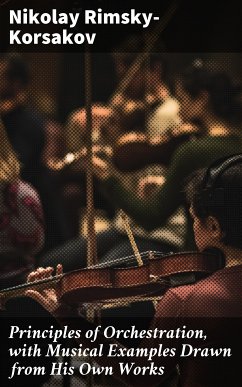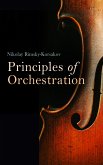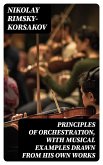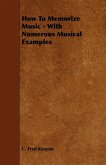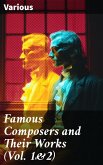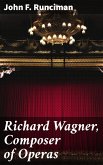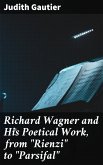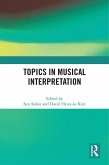In "Principles of Orchestration, with Musical Examples Drawn from His Own Works," Nikolay Rimsky-Korsakov offers an illuminating exploration into the art and science of orchestration. This seminal work is characterized by its didactic clarity, systematic approach, and rich musical examples predominantly sourced from Rimsky-Korsakov's own compositions such as "Scheherazade" and "The Tale of Tsar Saltan." The text serves not only as a guide to orchestration techniques but also as a celebration of the expressive potential of various instruments, reflecting a broader context where Romantic era ideals blend with expanding orchestral possibilities. Nikolay Rimsky-Korsakov, a prominent Russian composer and a key figure of the nationalist movement in music, draws from his extensive experience as a conductor and composer in crafting this practical manual. Influenced by the folklore and cultural heritage of Russia, along with his formal training at the St. Petersburg Conservatory, Rimsky-Korsakov's insights are rooted in both theoretical knowledge and practical application. His dedication to music education and commitment to sharing his expertise found a perfect outlet in this pivotal text, further solidifying his legacy as a teacher and mentor to future generations. "Principles of Orchestration" is an essential read for composers, arrangers, and musicologists alike, offering timeless insights into orchestral color and texture. Its meticulous analysis paired with practical examples makes it invaluable for anyone interested in the mechanics of orchestration. Whether you are a student aspiring to understand the subtleties of orchestral writing or a seasoned composer seeking to refine your craft, Rimsky-Korsakov's work will enrich your appreciation and knowledge of orchestral music. In this enriched edition, we have carefully created added value for your reading experience: - A succinct Introduction situates the work's timeless appeal and themes. - The Synopsis outlines the central plot, highlighting key developments without spoiling critical twists. - A detailed Historical Context immerses you in the era's events and influences that shaped the writing. - An Author Biography reveals milestones in the author's life, illuminating the personal insights behind the text. - A thorough Analysis dissects symbols, motifs, and character arcs to unearth underlying meanings. - Reflection questions prompt you to engage personally with the work's messages, connecting them to modern life. - Hand-picked Memorable Quotes shine a spotlight on moments of literary brilliance. - Interactive footnotes clarify unusual references, historical allusions, and archaic phrases for an effortless, more informed read.
Dieser Download kann aus rechtlichen Gründen nur mit Rechnungsadresse in A, B, BG, CY, CZ, D, DK, EW, FIN, F, GR, H, IRL, I, LT, L, LR, M, NL, PL, P, R, S, SLO, SK ausgeliefert werden.

